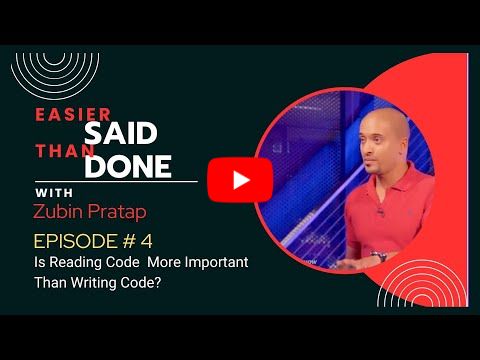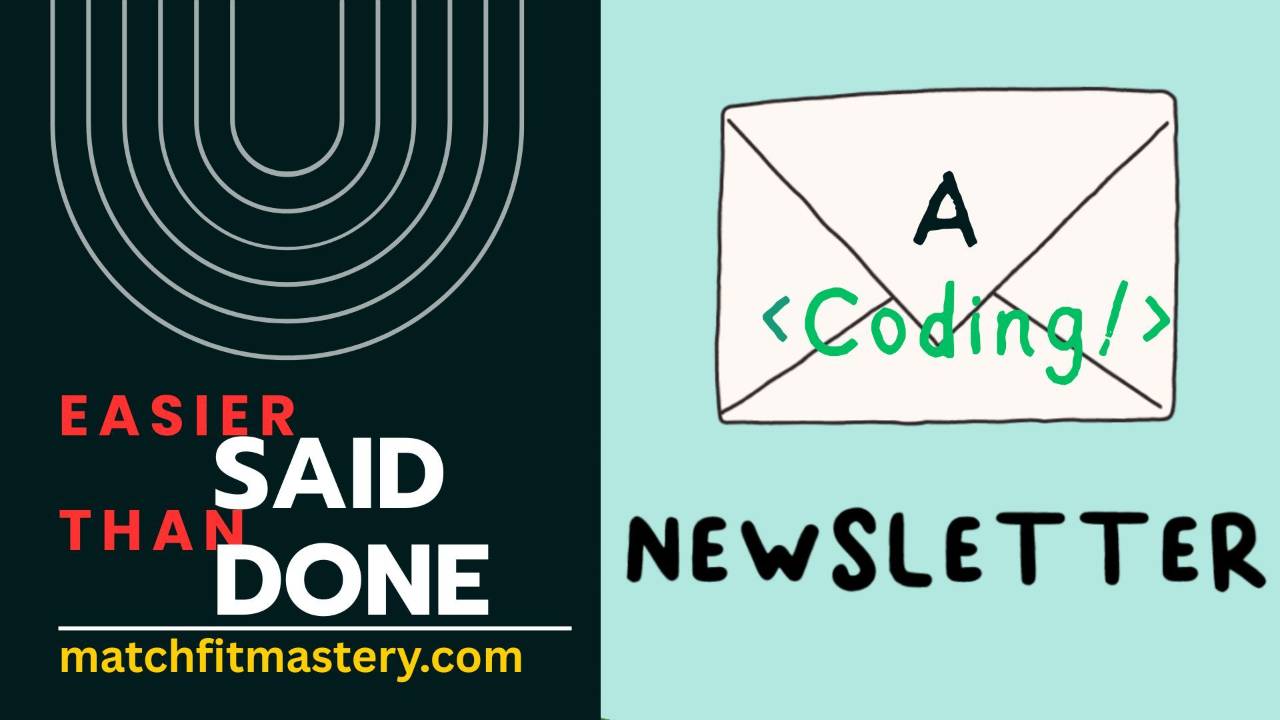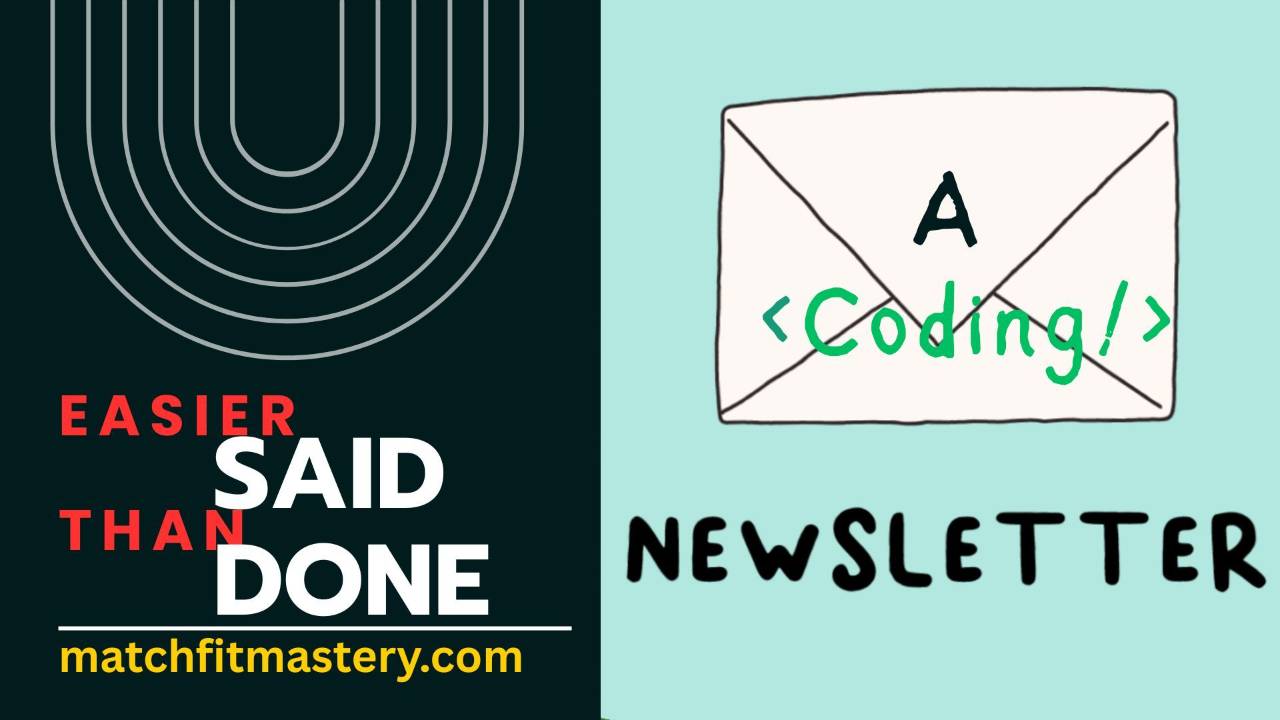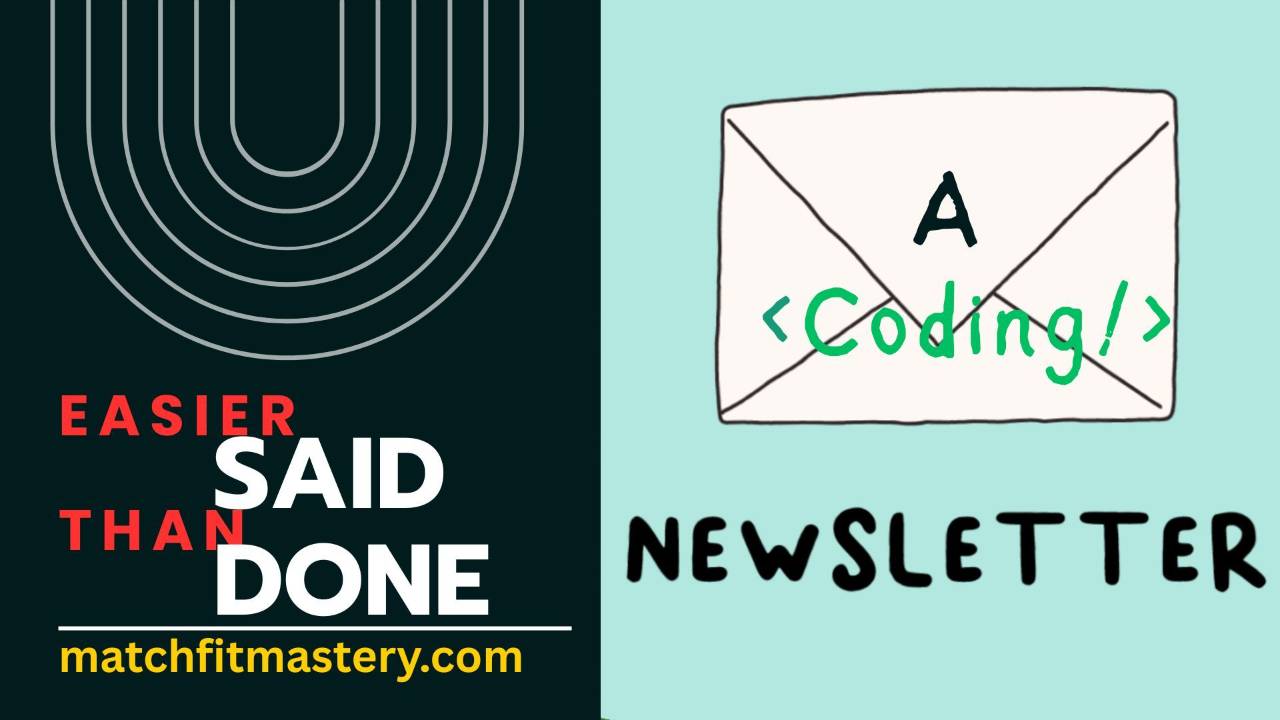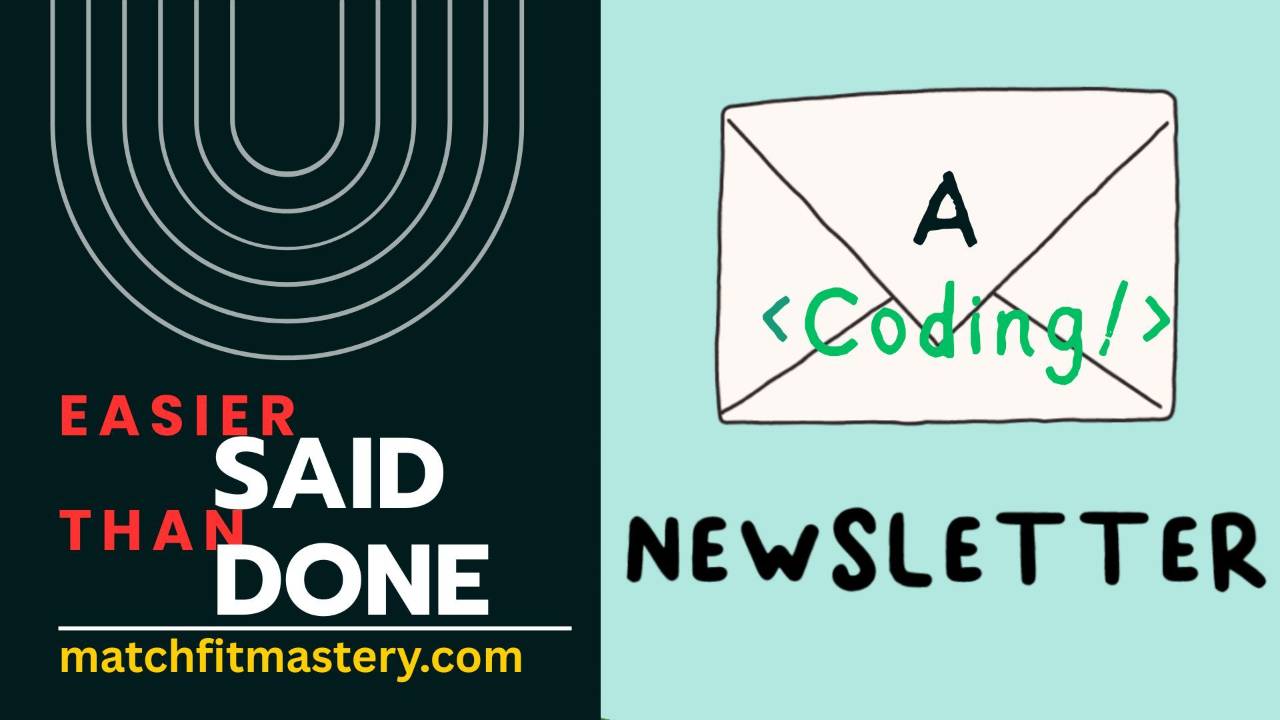The Secret Skill FANG-level Engineers Master (and You're Ignoring)
Ever wondered how to truly accelerate your journey from mid-career professional to thriving software engineer?
It's not what you think.
While every bootcamp and online course hammers home "writing code," the real secret, the skill that separates junior developers from seasoned pros (especially at big tech companies), is mastering the art of reading code.
Why?
|
Because in the real world of software development, you're not always starting from scratch.
You're joining teams, inheriting projects, and collaborating on systems with millions of lines of code already in place – code often written before you were even born!
Your ability to navigate, understand, and debug this existing codebase is paramount. The payoff? You'll be able to quickly contribute, debug complex issues, and ultimately, become an invaluable asset in any tech organization, unlocking doors to higher-impact roles and greater influence.
Unfortunately, this crucial skill is rarely taught. Especially since it can only be taught after you’ve learned the patters of software engineering.
But the usual coding resources focus on producing code, much like how we learn to write before we truly master reading.
There too…we read more than we write most days, right?
This creates a massive blind spot, leading to frustration and slow progress when faced with the realities of a professional codebase.
Many aspiring engineers stumble here, getting overwhelmed by the sheer complexity of existing systems because they haven't honed their "code detective" skills.
Why Reading Code Feels Like Solving a Mystery (and Why Most People Give Up)
Here's why so many find reading code to be a monumental challenge, and why it often feels like an uphill battle:
-
Missing Context: Code, by nature, is terse. Unlike a novel, it's stripped of narrative and explanation. You're left to piece together someone else's intricate logic and thought process, often without the "why" behind their decisions. It's like trying to understand a conversation by only hearing every third word.
-
Unfamiliarity Breeds Anxiety: Just like navigating a new city or an unfamiliar house, a new codebase feels like a maze.
You know the tools (the language, the syntax), but it still doesn’t make sense and there is no easy way to find things since you don't know where anything is, how it's organized, or how all the pieces interact. It demands significant exploration and patience. There are shortcuts to figuring this out - debuggers, tests, and code structuring. Some AI LLMs can help too, but need very specific types of prompting. -
It's Not "Fun": Let's be honest, debugging a cryptic error or tracing a data flow through a labyrinthine system isn't as instantly gratifying as building a new feature. This lack of immediate reward makes it easy to avoid, further hindering skill development. After all, most of us got hooked on coding because of the building, not the repairing.
-
The Documentation Dilemma: You'd think documentation would save you, right?
Wrong. In the fast-paced world of software, documentation is often outdated, incomplete, misleading, confusing or outright incorrect.
The more senior you become, the more you'll find yourself going straight to the source code because it's the only truth. But it’s harder to read than human-languages. -
Their Bugs Become Your Bugs: When you import external libraries or packages, their bugs become your problem. Your customers don't care whose bug it is; they just know their experience is broken. Debugging these issues requires a deep dive into code you did not write. Code that is like a whole separate company’s codebase!

